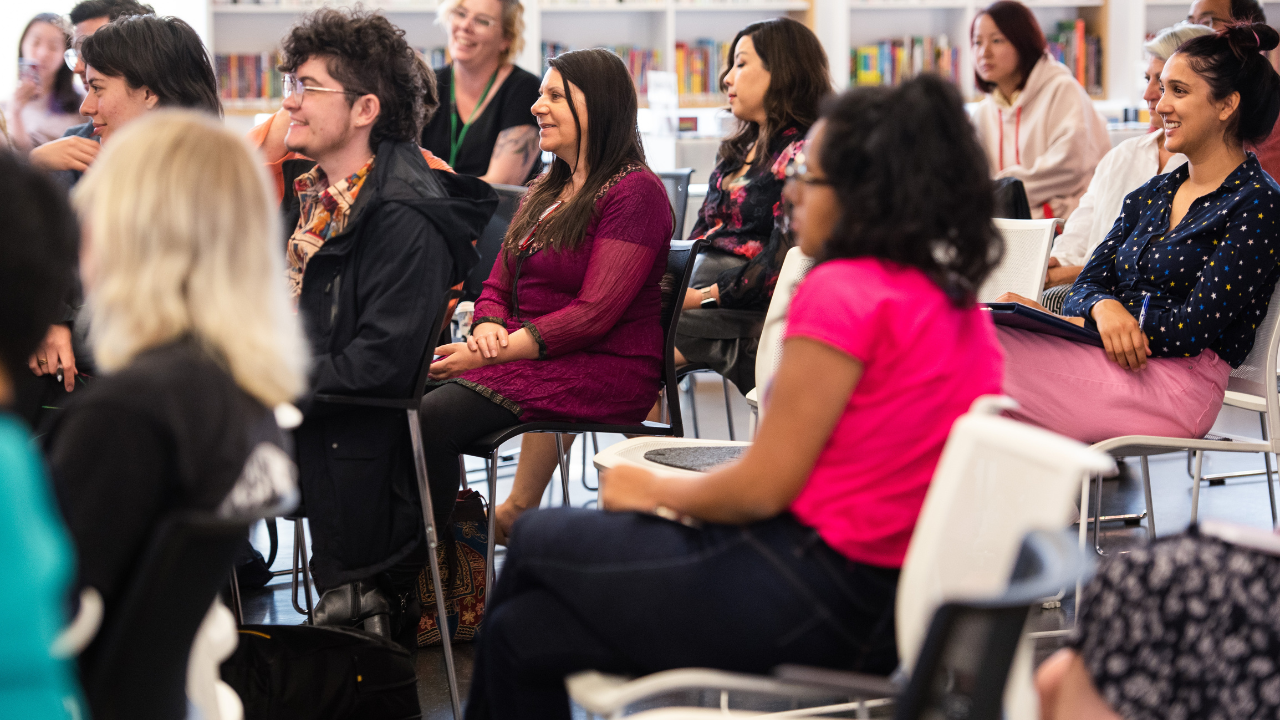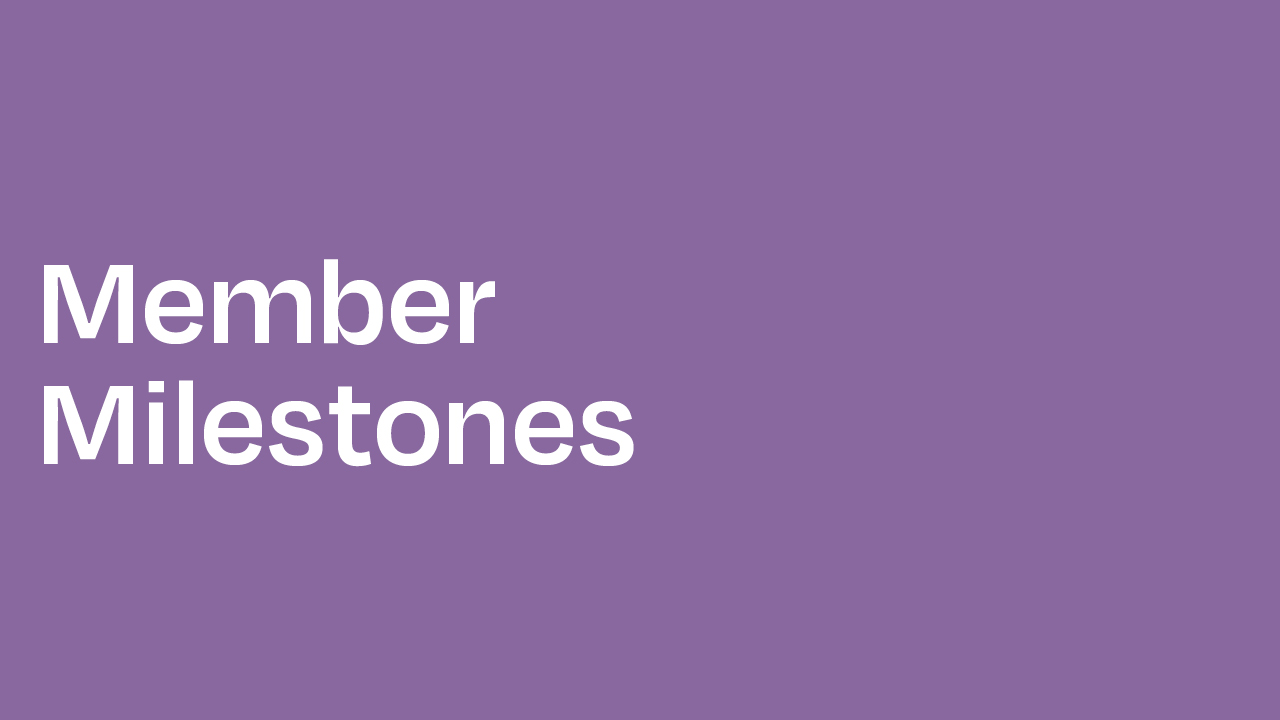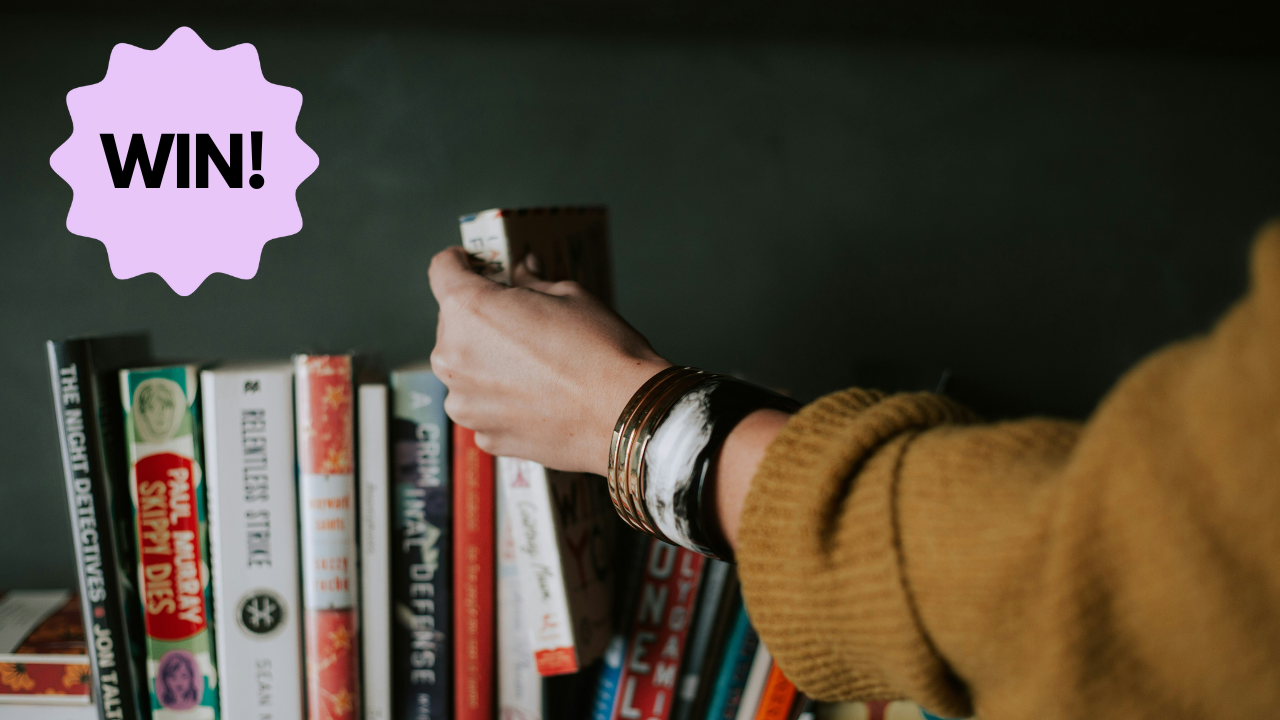As I fumble my way through the second draft of my novel, writers’ guides call out to me from every corner of my bookcase, claiming to be able to help me craft a story that someone might want to read. The latest one I’ve picked up is Lisa Cron’s Wired for Story, which uses brain science to try to explain why stories are so necessary to humans, and why we crave to know what happens next.
Of all the Adelaide Writers’ Week sessions, Telling Stories seemed the most likely to open up the craft of storytelling and explore how to develop an idea into a powerful story. Rachel Kushner (The Flamethrowers) and Fiona McFarlane (The Night Guest) did their best to pick their own brains and lay out how they work as storytellers.
Rachel Kushner unravelled the stories within her stories, that is, the way her characters use story in order craft their own identities in front of others. She explained it as similar to being attracted to someone: making yourself hostage to a person in order to hear their self-created story. Even if the story is a lie, you’ll suspend your disbelief if the person is a good storyteller. And that’s what her characters do.
“There’s an essential truth to the way that people lie about themselves,” Rachel said – and sometimes it’s so strong that we dupe ourselves. “For instance, when I’m saying something that I believe is earnest, I experience myself being earnest.”
The moderator asked, “So are our lives shaped by our perceptions?”
Fiona McFarlane’s response was a simple yes, and she used her protagonist as an example. Ruth’s brain, mixed up by the beginnings of dementia, “is telling her a new story, and she must figure out which world is the most likely,” since her sensory perceptions are lying to her. Fiona went on to talk about the “anxious gap” between perception and reality, and how as a writer that gap enabled her to create the character of Frida, who co-opts and manipulates Ruth’s story.
It’s all very well to hone in on the details of how characters experience story, but what about the writer who’s creating a whole, novel-length story with a beginning, a middle and an end? Rachel touched on this when she began talking about her novel’s themes.
“I enjoy putting two things into play that don’t necessarily relate to each other, and seeing how things turn out, without forcing them into some kind of logical continuity,” she said. Sometimes, of course, the unconscious mind connects them naturally. And this, to me, seems the definition of creativity: connecting two things that were previously unconnected.
“My unconscious is smarter and more interesting than I am”
Rachel described herself as an intuitive writer, saying she doesn’t always think about what she’s doing. “My unconscious is smarter and more interesting than I am,” she explained.
It reminded me of something that Isabel Allende wrote in Paula: that she doesn’t write a word of a new novel until she has the first sentence, and then she just writes, almost without thinking, tapping into something that’s lurking in her subconscious, just waiting to put itself onto the page. It’s a good reminder to put the writers’ guides away and just get on with the thing.
Rose Hartley is a writer and copywriter whose first novel is currently shortlisted for the Varuna Publisher Introduction Program. She blogs at rosehartley.com.au and her short fiction will feature in the upcoming Right Now anthology, to be launched on May 29 as part of the Emerging Writers Festival.







